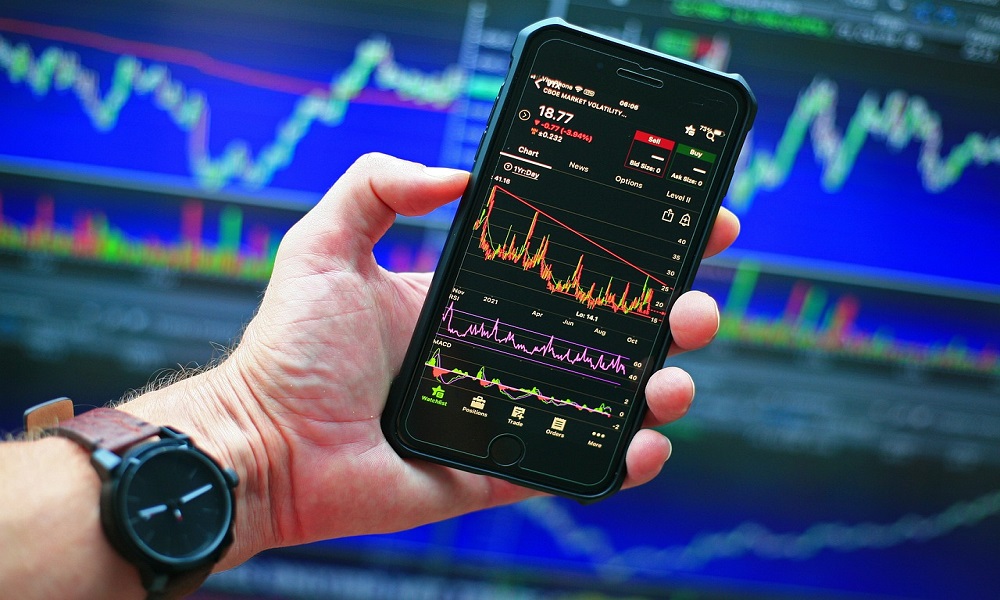Modern trading platforms combine order execution, market analysis, and risk assessment into user-friendly interfaces. This integration enables traders to promptly make well-informed decisions, reducing the gap between spotting an opportunity and executing a trade.
Trading platforms have embraced automation, enabling traders to develop and implement algorithmic trading strategies. These automated systems can execute trades based on predefined rules and conditions, ensuring consistent and timely execution, even when traders are not actively monitoring the markets. This level of automation enhances efficiency and mitigates the potential for human error, a critical factor in the high-stakes trading world.
Unparalleled access to real-time market data
Trading platforms have become the gateway to a wealth of up-to-the-second information, delivering live quotes, news, and analysis directly to traders’ screens. This real-time data empowers traders to stay ahead of market movements, identify potential opportunities, and make well-informed trading decisions based on current information.
Furthermore, Quotex has integrated advanced charting and technical analysis tools, enabling traders to visualize market trends and patterns with unparalleled clarity. These tools allow traders to apply a wide range of technical indicators, such as moving averages, oscillators, and candlestick patterns, to precisely identify potential entry and exit points. Advanced charting capabilities also facilitate the identification of support and resistance levels, trend lines, and other technical signals, providing traders with a deeper understanding of market dynamics and the ability to make more accurate trading decisions.
Robust order management and execution
Trading platforms excel at streamlining the order management and execution process, ensuring that trades are executed efficiently and accurately. Users can easily place various order types with just a few clicks, such as market orders, limit orders, and stop orders. Advanced order routing algorithms ensure that orders are executed at the best prices, considering factors like liquidity, price improvement, and market fragmentation.
Trading platforms offer robust risk management tools, enabling traders to manage and mitigate risks effectively. These tools may include position sizing calculators, stop-loss and take-profit orders, and real-time profit and loss monitoring. By providing traders with a comprehensive view of their risk exposure, trading platforms empower them to make informed decisions and implement strategies that align with their risk tolerance levels.
Integration with third-party tools and services
Trading platforms have evolved to support integration with third-party tools and services, enhancing their functionality and flexibility. These integrations allow traders to incorporate external data sources, analytical tools, and risk management solutions into their trading workflows, providing a more comprehensive and customized trading experience. By leveraging the capabilities of these third-party solutions, traders can gain a competitive edge and optimize their trading strategies to meet their unique needs and preferences.
Empowering traders through education
Recognizing the complexities of trading, many trading platforms have invested in providing educational resources to their users. These resources may include video tutorials, webinars, trading guides, and virtual trading simulators. By equipping traders with knowledge and practical experience, trading platforms aim to empower their users to make informed decisions and confidently navigate the intricacies of the markets.
Regulatory compliance and security
Trading platforms play a critical role in ensuring regulatory compliance and maintaining the highest levels of security. These platforms are designed to adhere to industry regulations and implement robust security measures to protect traders’ personal and financial information. Additionally, many trading platforms offer advanced audit trails and record-keeping capabilities, enabling traders to maintain comprehensive records of their trading activities for regulatory purposes.
